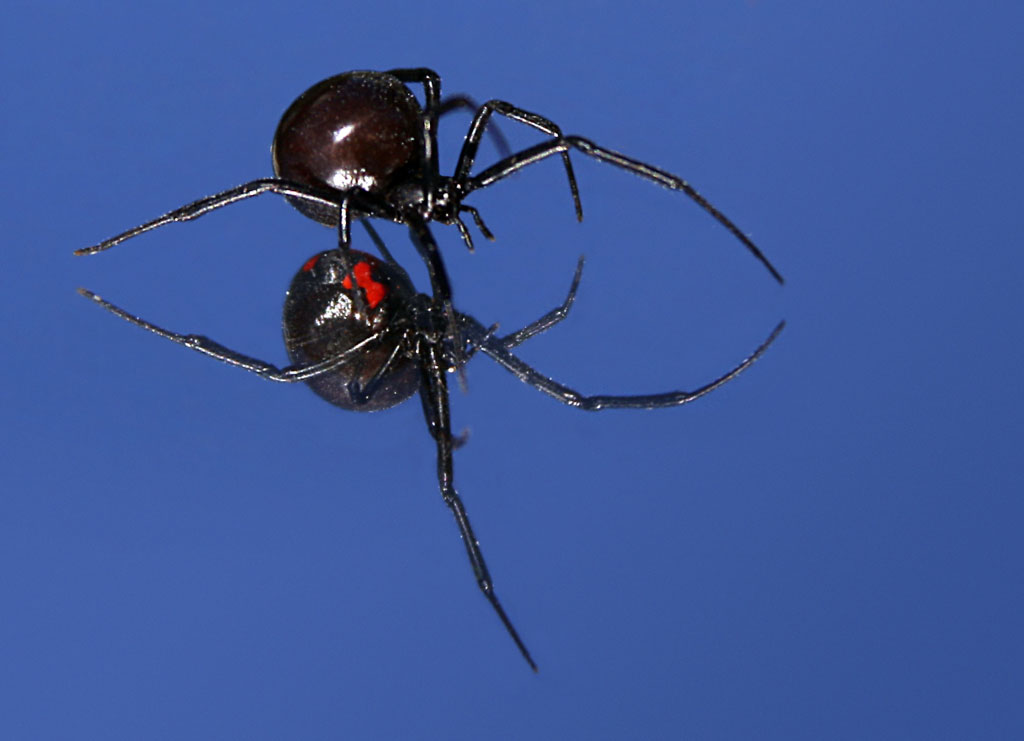
In only one week, the US could be electing into office our first woman president but also our second Clinton president. Going all the way back to Hillary Clinton’s first presidential run in 2008, people have been casting doubt as to whether we should be worried about the fact that electing another Clinton to the presidency would be strengthening a trend of dynastic successions whereby we end up with only a few powerful families who trade-off control of the White House. Often this argument comes from people who really like Hillary Clinton and want her to be president, but worry that electing a family member of a former president would somehow chip away at the very fabric of our democracy.
Of course, since Hillary Clinton is married to Bill Clinton and not actually part of his blood line, even under various old-timey monarchy rules there wouldn’t be a situation where she would ascend to the throne even after her husband’s death, which anyone who watches Game of Thrones should already be familiar with.* Not to mention that historically the most common forms of hereditary succession gave preference to men or eliminated women from the lines of succession entirely. Additionally, it’s not uncommon for the US to elect sons of former presidents, something which does follow dynastic succession rules, going back to John Quincy Adams’ term as President in 1825.
So, putting aside the fact that worrying over Hillary getting elected because it would be dynastic succession is both historically inaccurate and something that has happened many times in American history without our country falling apart, it’s a little bit paradoxical that we’re worrying about this on the eve of electing our first woman president because for much of the history of the United States, being the wife of a politician was one of the main ways that a woman could gain access to an elected office.
Women gained the right to vote with the passing of the 19th Amendment in 1920, though mass disenfranchisement of black women in the US would continue into the civil rights era. Prior to this time, although women were in most cases not banned from serving in elected positions, it was difficult for them to get elected under an electorate made up entirely of men. Even in the years after women’s suffrage, it was difficult for women to break into any elected office, particularly into the US Congress. However, during these early years many women gained access to these positions due to the practice of widow’s succession.
Under widow’s succession, when a congressman or senator died while in office, his wife would run for office to take over his position until the end of his term. The first woman to be elevated into a congressional position under widow’s succession was Mae Nolan, who became a congresswoman in 1923 after the death of her husband, Congressman John Nolan. John Nolan died mere weeks after being elected into office and Mae Nolan was elected into the same position soon after by campaigning under the same platform as her late husband and touting her familiarity with the ways of Washington due to her closeness to her husband. It seemed that even though most of the electorate was skeptical of women politicians at the time, they felt more comfortable with electing a woman who was seen as merely carrying out the responsibilities of her popular late husband.
Congresswoman Nolan had a successful 2-year term in Congress where she pushed many progressive policies such as worker’s rights and was the first woman to ever serve as a congressional committee chair. However, as the only woman in Congress the press would not let her be, treating her like a circus act and writing articles commenting on her figure and weight. In the end, she declined to run for a second term. Regardless of her short stay in Congress, her election into office after the death of her husband started a trend that would soon elevate many women into elected positions in the US.
Of the 31 women who have served in the Senate as of 2001, nine of them were widows of former senators. Of the 183 women who served in the House of Representatives as of 2001, 33 of them were widows of formers representatives. In other words, just about one in every five women that have ever been elected to Congress in the US got that access due to being married to a former senator or representative. It’s clear that even today most people still feel a bit more comfortable electing a female politician if she was married to a man who previously held the position she is running for.
Considering how difficult it is for women to get elected into any public office at all and the fact that succeeding their husbands has been one of the only avenues open for women wanting to enter some of the highest positions in our country, it’s a bit hypocritical to suddenly use Hillary Clinton’s marriage to a former president as a reason why she shouldn’t be elected into the presidency. Although Bill Clinton is still alive, term limits on the presidency mean that his political career in that position is essentially dead.
The fact that our likely first woman president will be following the widow’s succession dynamic by being a former first lady is unsurprising. We still live in a culture that prioritizes the careers of men over those of women, particularly in the context of an opposite-sex marriage. When both members of an opposite-sex marriage have political aspirations, it is far more common for wife to give up her aspirations or at least put them on hold to support her husband’s career. She is expected to wait her turn until after her husband has accomplished all he can or is in the grave. Only then is it ok for her to go after her own ambitions.
By running for president after her husband already held that position, Hillary Clinton is following a long tradition of American women entering elected office themselves only after the public has gotten to know them first as the wife of a politician. It might not be the most feminist way to enter politics, but considering that we still live in a society in which a presidential nominee can comment on the attractiveness of his female opponents butt after a debate while somehow still retaining the vast majority of his supporters, we’re not exactly living in the feminist dream society of the future. If the 2016 election has proved anything, it’s that women in politics still need to prove themselves to be many times more qualified than their opponent to even have a chance of winning at the ballot box. If the tradition of widow’s succession can give us our first woman president, then I say bring it on. Maybe in the future we can have a woman president who is not married to another politician or married to a another woman or perhaps even not married at all, but for now I’m happy to be casting my vote for a former-FLOTUS, widow’s succession be damned.
* [**Game of Thrones Spoiler**] If the death of kings meant that their wives would succeed them, then Cersei would have ascended to the Iron Throne after Robert Baratheon’s death and would have used her powers as Queen to murder the fuck out of everyone else who had even a tentative claim to the throne. Game of Thrones would have been a much shorter series if spouses were next in the line of succession after the death of a King.
Sources:
Featured photo of a black widow by Ben Collins.





Even More GoT Spoilers…
It certainly seems like Cersei has backed into such a scenario at this point.
Is it okay to just hate Hillary Clinton on policy issues? Just to go a little off the reservation here (and she is totes not a racist for saying that, kay?), but she’s been quite fortunate that her opponent is even more deplorable.
I mean, her support for the government of Honduras as SoS disturbs me (due to Berta Cáceres), as does her support of free trade with Malaysia (and its sex trafficking issues). Her current vagueness on #NoDAPL makes her real opinion clear.
Also, during the primaries, her supporters did all the standard narcissist tactics, such as making you feel worthless, triangulation, and gaslighting, and a few newer cyberbully tactics such as sending child porn to Sanders supporters. And then, gaslighters that they are, they accused Sanders supporters of the same thing. *waves at Amanda Marcotte*
But all of that harm to women and girls that upper-class white women living in white-flight suburbs really don’t care about doesn’t matter, because woman in the Oval Office. Yay. #SolidarityIsForWhiteWomen
Again, if Trump weren’t, you know, Trump, I’d be casting my first (R) vote ever this year. That’s how much I loathe the DLC.